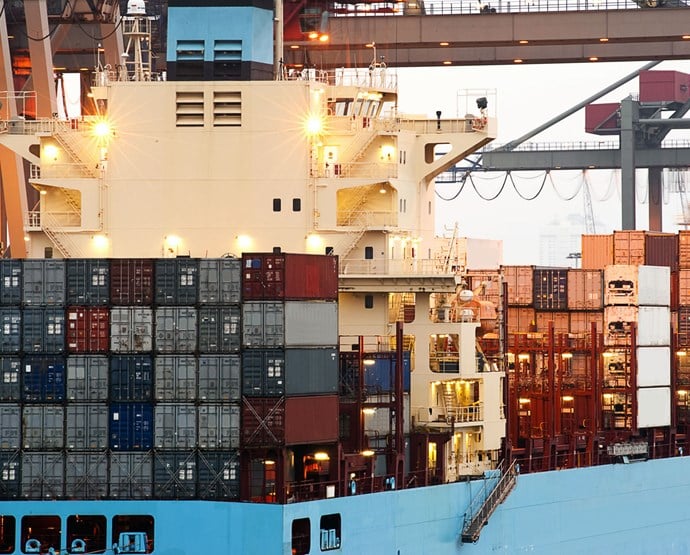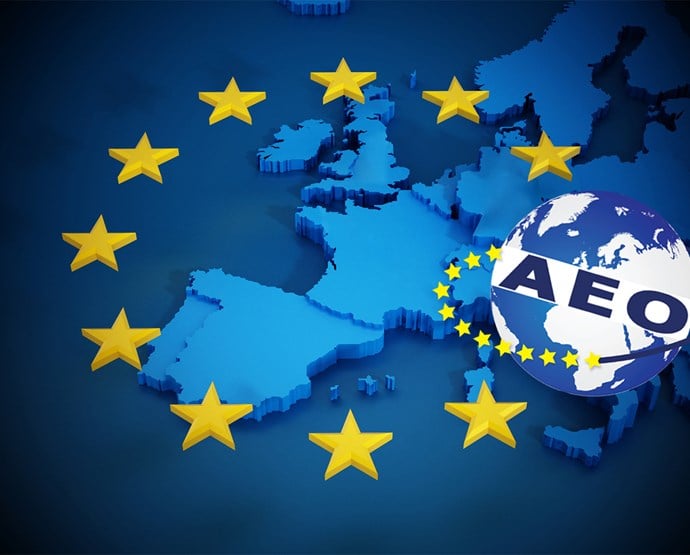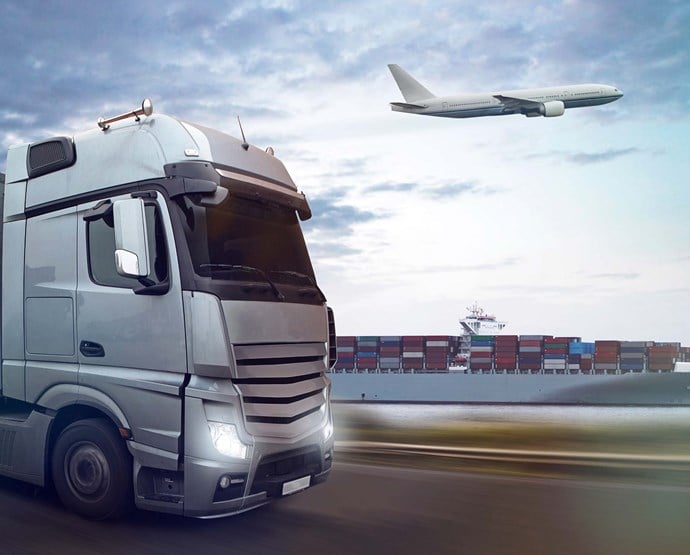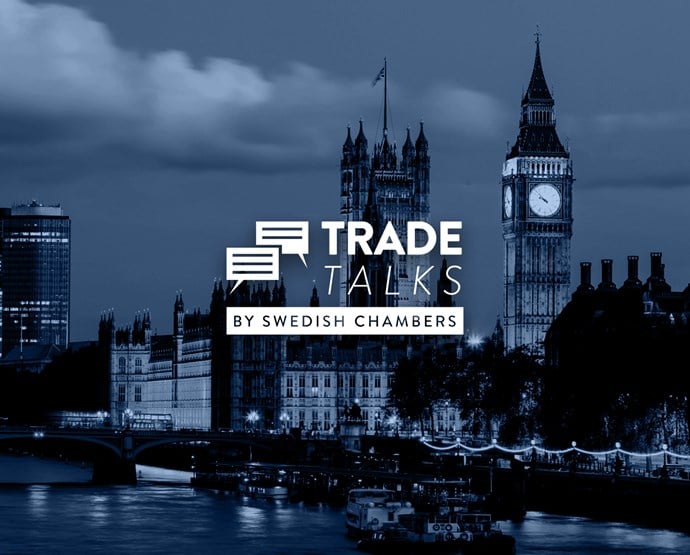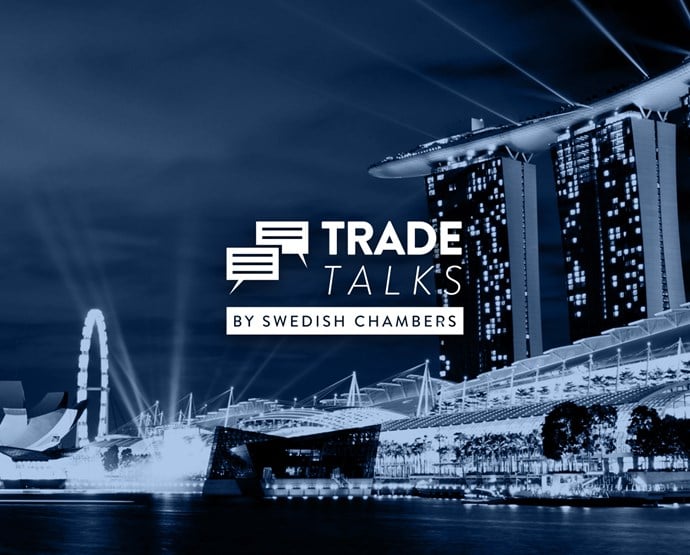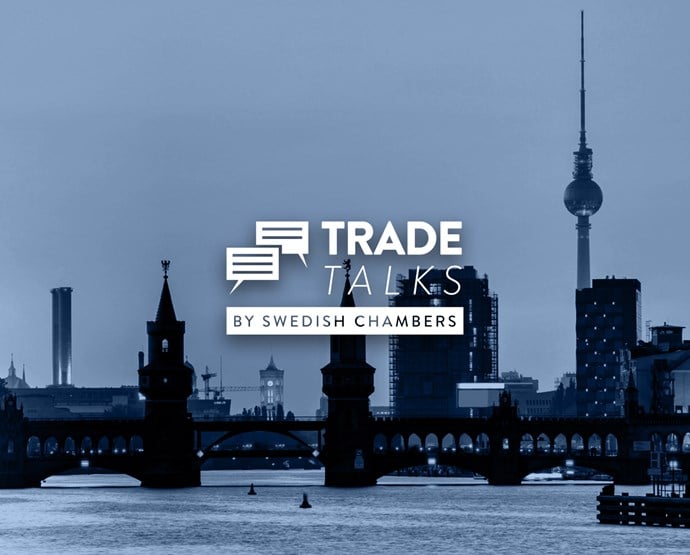
A Brexit update straight from Britain
The British ambassador David Cairns answered some questions about Brexit, and how it would affect trade and future collaborations.
As you are visiting the Chamber of Commerce today I must ask you ABOUT Brexit, And how you think it will affect us?
– It depends on the company and economy. It varies by company and by sector. Some businesses treat the UK as just a domestic market, their businesses are for Britain. If the UK economy does well, they do well and can grow, they don’t really care that much about Brexit.
– Other companies work in regulated industries, with a lot of trade and movement of people between countries. They are more worried and want to know what the new rules are going to be. The pharmaceutical sector is a classic example.
– And then you have some companies that actually see Brexit as an opportunity. The British pound is now 30 percent cheaper, so they decide to buy some British companies. On the other hand, some companies decide to put their investments on hold as they feel unsure about how things are going to turn out.
So, what are the main challenges of the Brexit process?
– We´ve been a member for forty years and around 70 percent of the laws in the UK have their origin in Brussels. By leaving the EU you have to take all that apart. So disentangling that relationship and then putting it back together with a new type of relationship involves some very complicated political choices.
– In the UK we´ve been quite clear since the referendum that we want to stay a friend of Europe and have the closest cooperation. But it´s about the detail; how is it exactly going to work? There are some different models, a Norway- model or a Canada-model of cooperation. If you´re a member in the EU you´re a member, if you´re not you´re not. You cannot be a member and have all the same benefits.

Sweden will lose an important trade partner in the EU, don´t you think free trade suffer as a whole after Brexit?
– It doesn’t have to suffer but you must keep arguing for free trade. There´s a movement in the world that is against free trade. And yet we know from history that making more barriers to trade makes it worse not better. In the new UK-EU partnership it´s important that it would be as free as possible, we would like absolutely frictionless trade, which is also important for the development of the EU.
–The UK has always been a strong voice for free trade in Europe. Once we have left we won´t be in these discussion anymore, we won´t be pushing for that, but we will still want it and have an interest in it. That’s why countries like Sweden, Denmark and the Netherlands, who are also pro free trade, really fight for the future of Europe as being a free trade organisation and not a protectionist organisation.
Is there anything more you would like to say?
–Lots of people in Sweden are really disappointed that Brexit happened, sometimes they think we´re going to change our mind. If there was going to be a new vote today the outcome might be quite similar. What I say to people and businesses is please stay engaged in the process of leaving then we can make it the best we can.
–If you´re a big Swedish company that does business with the UK, and most do, then keep saying how you want it to be. Tell politicians in Britain, Stockholm and Brussels. The UK is Sweden’s third most important trading partner, we want them to continue to be in the future. So, it´s really important that Swedish businesses help us to create that future relationship, so we can carry on doing business.
Läs mer om Våra internationella tjänster
Contact our international expert Jesper Öhrn if you have any questions.








